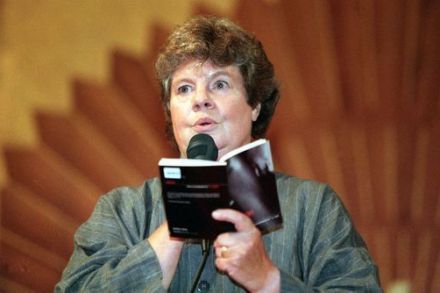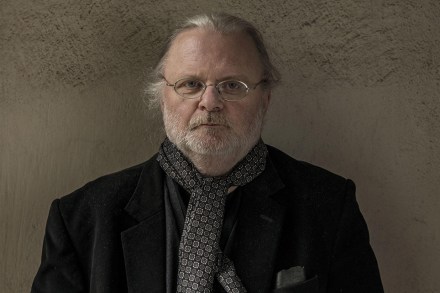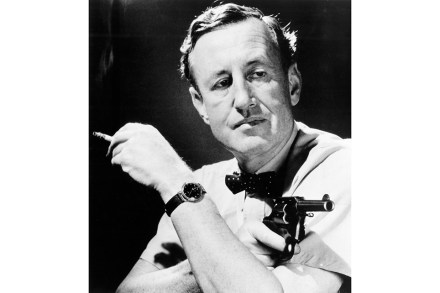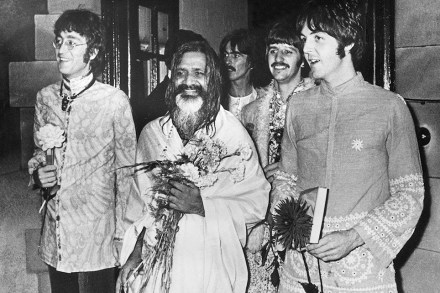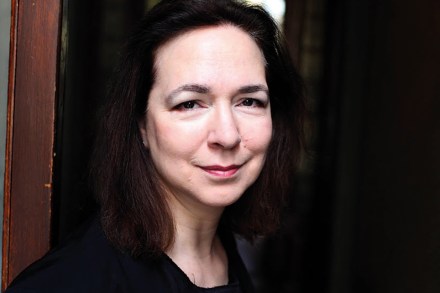The shame of Ian, the lockdown pup
The park we go to every day is Victorian – large, full of mock landscapes and extravagantly diverse settings, lakes, woodlands, formal gardens and tiny wildernesses. We went on a guided tour of Buckingham Palace’s gardens three years ago, and afterwards my husband said: ‘Well, it was very nice. But Battersea Park is nicer.’ Above



